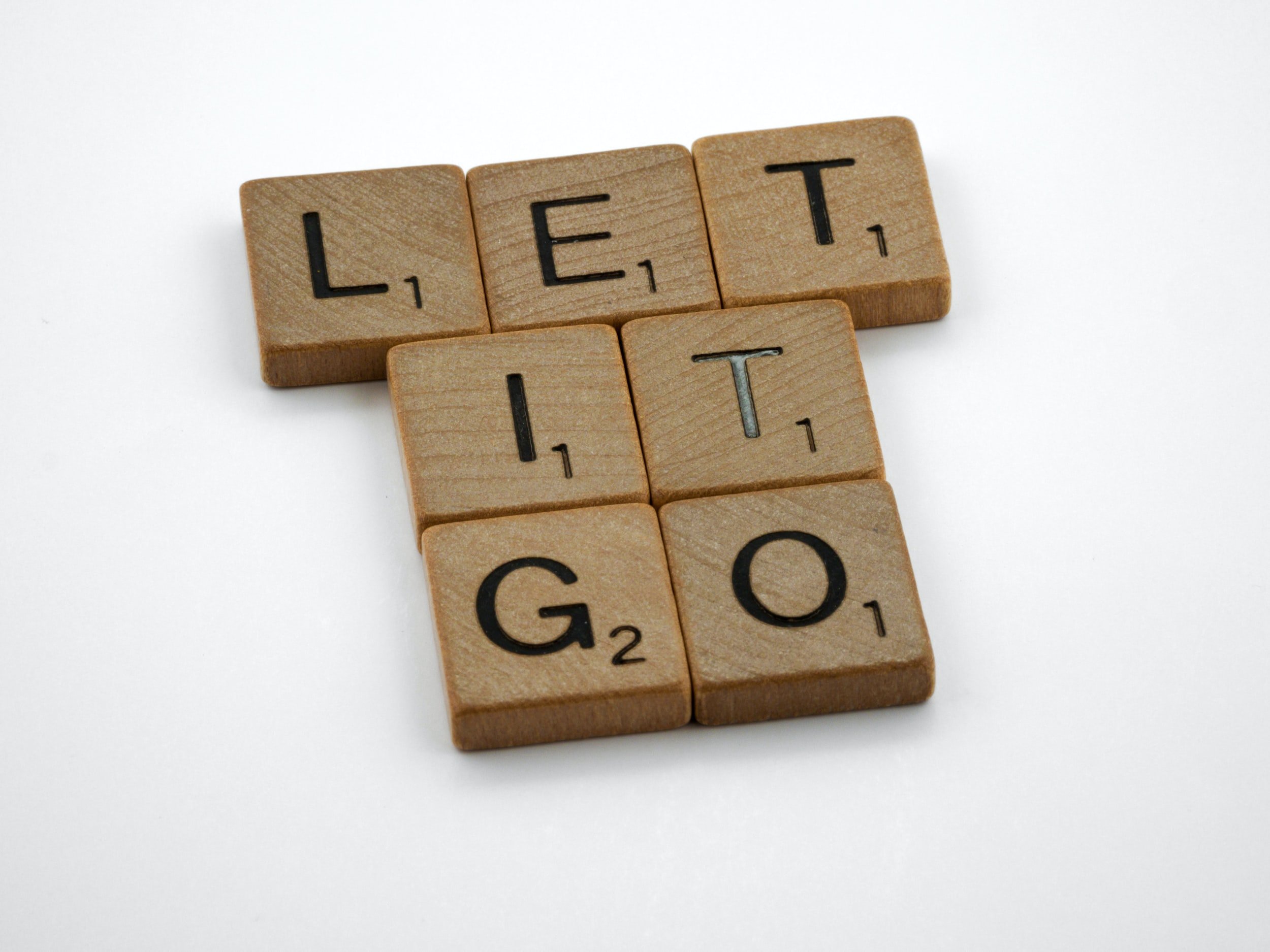The Place of Forgiveness
For the last couple weeks, we’ve talked about investigating the sources of lies in our lives. If you want to go back and read those posts, you can find them here and here.
Many times, the lies at the source of our struggles have come from family members or others from our past. I have found in my own life that an important part of the healing process involves forgiving those who are responsible for planting those lies in our souls.
As I have looked backwards in my own life and taken a posture of curiosity with the things I struggle with, I have discovered that the source of much of the dysfunction was one particular family member. I had always defended this person in the past, but when I look at my family dynamics with the perspective of an adult, I can see that he was at the center of the issues. I also discovered that at least part of the problem could stem from a personality disorder or mental illness. I don’t believe that his actions (or lack thereof) were malicious, however he played a large role in creating the dysfunction that I grew up with.
The point of uncovering the source of the lies we believe isn’t to assign blame. It’s to gain understanding and maybe even some compassion - both toward ourselves and toward others. For me, getting to the root of things help me to be more compassionate toward myself as well as toward other family members as I explored how this one person’s choices affected everyone else’s.
It also gave me the opportunity to forgive him.
I needed to forgive him for not being who I wanted and needed him to be.
I needed to forgive him for how his actions and choices helped to create the chaotic, dysfunctional home that led to the things I struggle with.
But what does it really mean to forgive someone?
It’s a choice to release our resentment and desire for vengeance.
Does that mean there are no consequences for the other person’s action?
Does it mean God won’t hold them accountable?
Does it mean we have to try and forget the offense ever happened?
No on all three accounts.
There are still consequences, they are still accountable to God for their actions, and forgiving does not necessarily involve forgetting. Depending on the situation, it may be wise to establish healthy boundaries with the person in question to prevent them from hurting you further. That doesn’t mean you haven’t forgiven them.
When we choose to forgive, we are leaving that person and the consequences for his or her actions in God’s hands. When we hold on to resentment and the desire for vengeance, what does that accomplish other than to darken our own souls? It doesn’t change what happened or cause the other person to act differently. It only harms us and keeps us in bondage.
But when we forgive and let go of that resentment, it frees US of that burden and bondage and allows us to move forward in healing and growth.
Forgiveness is sometimes a process, rather than a “one and done” type of thing. Especially when the offense is deep or prolonged, we might have to release that resentment repeatedly. So don’t be discouraged if you feel like you’ve forgiven the person, only to have those feelings of anger and resentment resurface. Keep forgiving. Ask God to help you release those emotions and free you from them. You will find joy and peace on the other side.
How about you? What has forgiveness done in your life? How have you seen it free you?

